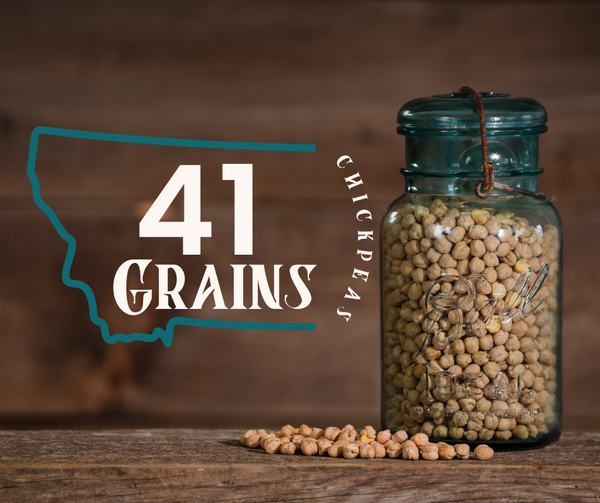
Canola Oil vs. Avocado Oil
Kacie SikvelandShare
Canola Oil vs. Avocado Oil
To cook our Lentils we use Canola Oil from a Montana company that buys Montana Crops to make the oil. We love to support other Montana companies and farmers in everything we do.
Now I know that seed oils are a big deal right now and everyone is trying to figure out which oil is the “best” or at least not the worst ones to use.
In looking into this topic the most interesting thing I have found is oils that turn into Trans fats when cooked. The oils that have the highest risk for doing this are cornoil, soybean oil, sunflower oil, cottonseed oil and canola oil.
Canola Oil can break down and turn to a trans fat oil if heated to and above 400 degrees or heated below the smoke point for long periods of time (8 hours to 48 hours is the best estimate I could find as it varies a lot)
Avocado Oil on the other hand is less likely to turn to a trans fat because its smoke point is 500 degrees meaning it won’t turn till heated beyond that point or heated below that for a longer period of time than canola oil for example.
Avocado Oil does contain Antioxidants which does give it another edge in a better nutritious option.
However when comparing the 2 side by side in base nutrition Canola Oil has more Vitamin E, Omega 3’s and Vitamin K.
We need about 1.1 to 1.6 of Omega 3’s from plant sources daily,
Vitamin K we need 90 to 120 mcg per day
and Vitamin E we need 15 mg per day – Average intake is 6 to 10 mg per day
Canola Oil – 1 TBSP Avocado Oil 1 TBSP
120 Calories 120 calories
14 grams Fat 14 grams Fat
2.5 Grams Omega 6 1.8 grams Omega 6
1.3 grams Omega 3 .1-gram Omega 3
0 grams Cholesterol o grams Cholesterol
2.4 mg. (13% dv) Vitamin E 1.9 mg. (12%) Vitamin E
10 mcg. (8% dv) Vitamin K
So while it can be a higher risk of potentially creating canola oil into a trans fat, the slight risk with consideration of how we cook our lentils, for how long and at what temperature compared with the potential health benefits with increased omega 3’s vitamin E and Vitamin K (omega 6 also but this is not a nutrient many people need more of) seems to out weigh the risks for us at this point. And I will mention again we believe strongly in the wonderful crops grow in Montana, the quality is excellent and being processed in a Montana company also gives us more confidence in the product as a whole. It is not a massive corporation run by BlackRock or Bill Gates.
I would love more information on this topic if there are other elements I should be taking into consideration. My goal is to help educate myself as much as possible so I can share the good, the bads and the ugly things in the food industry, food production and help you make healthier and better decisions for your health.
